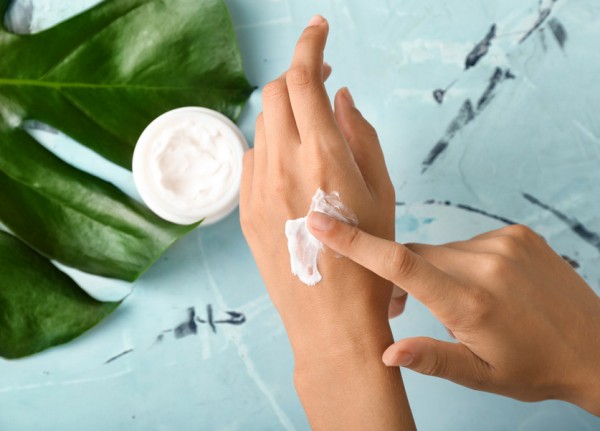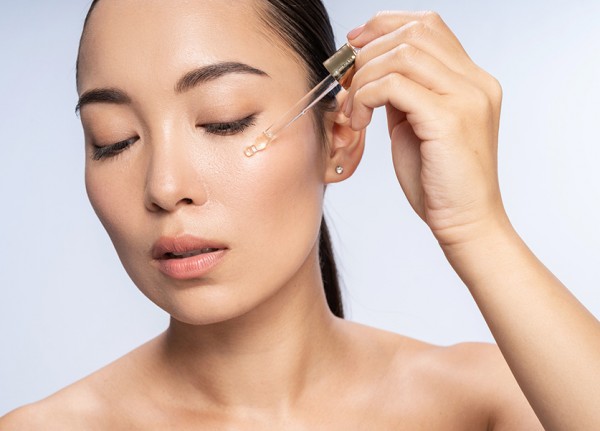LIFESTYLE
Here’s What you Risk when Not Applying Sunscreen
Rita Khoueiry
25-August-2023
Dermatologists remind us of all the short-term and long-term dangers of prolonged sun exposure without SPF protection.
For some, coming back from vacation without a tan is considered to have had a bad vacation. However, the darker the skin's tan upon returning from time off, the more it signals a negative outcome. "The majority of people believe that tanning is a sign of good health, when it's actually the opposite. In reality, it's a sign of skin damage," emphasizes Dr. Marie Jourdan, a dermatologist and member of the French Society of Dermatology (SFD). Indeed, "tanning is a skin defense mechanism against the sun. When the skin is damaged and undergoes the harm caused by UV rays, it triggers an increase in the production of pigment cells, which is what we call tanning," she explains.
Despite prevention campaigns against the harmful effects of UV rays from the sun for over 25 years, Santé publique France (France's Public Health Agency) notes that sun protection recommendations are not always followed by the population and that false beliefs still persist. "We are still under the influence of a society that greatly values tanning," laments Dr. Jourdan, dismissing the beauty imperative of having a tanned skin. As summer and high temperatures are in full swing, here's a little reminder of what these hours spent basking on the beach can do to our health.
Short-term consequences: Beware of sunburn
If there's one harmful effect of sun rays that the French are familiar with and fear, it's sunburn. More than two-thirds of them (70.9%) use sunscreen specifically to avoid it, according to a recent national study conducted by Laboratoires Pierre Fabre. The visible and uncomfortable aftermath of the burn makes it hard to ignore. "At the first degree, a painful redness appears. At the second degree, the skin peels and small blisters form on it. If you tan again in that area, you risk getting a new sunburn in the same spot," warns Dr. Oliveres-Ghouti, a dermatologist in Paris and member of the National Union of Dermatologists and Venereologists (SNDV), while noting that "even people with mixed skin tones can experience sunburn."
Long-term consequences: Skin aging
There's no point in investing in expensive "anti-aging" creams throughout the year if you plan to expose yourself to the sun all summer. The most essential fountain of youth is found in SPF protection. This is a concerning issue in our country, as 40% of French people report using sun protection to combat premature aging, with a clear predominance among women (53.5% of women compared to 27.9% of men). Indeed, "the sun's UVA rays penetrate deep into the skin, pass through the skin barrier, and reach into the dermis. They generate free radicals and destroy healthy cells, including those that produce the skin's collagen and elastin," explains the dermatologist. "As a result, they induce aging and its symptoms: over time, brown spots and wrinkles appear, the skin becomes lax, thickens, and loses elasticity." In fact, "as soon as you notice pigmentation spots on the décolleté, the back of your hands, or your face, it means you've started using up your sun capital," the specialist announces.
Long-term consequences: Skin cancers
Some choose to deliberately ignore it, while others are skeptical, but the facts are clear: 85% of skin cancers in France are attributed to "excessive exposure to UV rays," according to a report from Santé publique France (France's Public Health Agency). "This figure has been steadily increasing for the past 30 years," laments Dr. Oliveres-Ghouti, adding that "the risks are the same for people with mixed skin tones." Nevertheless, only 46% of the total population reports using sun protection as a preventive measure against skin cancer.
Recommended

Hiba El-Khatib Badreddine Opens 2026 with a Groundbreaking Exhibition at Rebirth Beirut
16-January-2026

Celebrate the New Year at Novikov Abu Dhabi
29-December-2025

The 25th Edition of DIAFA Honors the Biggest Names
1-December-2025
Most read
-
1
How to Style Your UGGs Like a Celebrity
-
2
“MAJESTY”: Ziad Nakad’s Spring–Summer 2026 Haute Couture collection At Château de Vaux-le-Vicomte
-
3
Dragon Diffusion Woven Bags at All ABC Department Stores
-
4
Elie Saab Haute Couture Spring/Summer 2026
-
5
Dressed in Chanel, Margot Robbie and Jacob Elordi Light up Paris Premiere of Wuthering Heights





